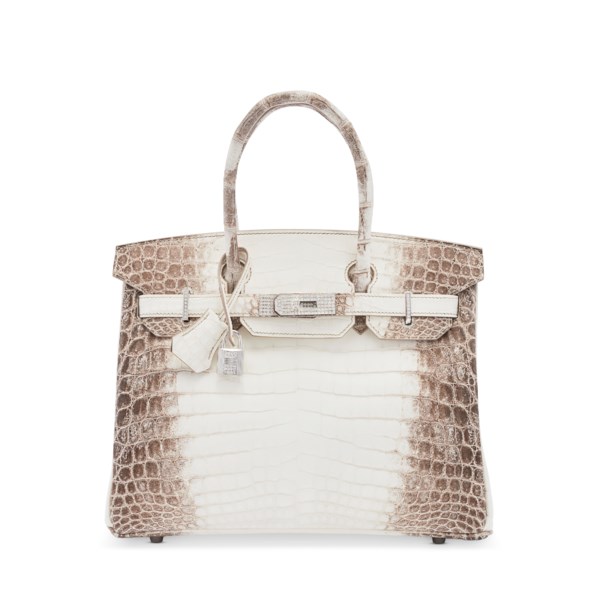As Economies Tank, Luxury Bags Are An Unlikely Favourite
The world sits on the precipice of the largest cost of living crisis our generation has ever seen. On the very edge of this cliff is a gorgeous Hermes Faubourg Birkin bag and it’s just sold for $320,000 at an auction at Christie’s. It’s not even noteworthy. The year before a Hermes Faubourg Birkin broke records when it sold for half a million at auction. The luxury bag market as exploding, but why?
Is this poor decision making by people unaware of what the future might hold, or is it a defensive play, hedging bets. When Mad Max comes rolling into town he won’t be interested in your New Zealand pesos but he might trade a tank of gas for a Versace clutch.
2022 saw a 22% surge in the personal luxury goods market with a cap of roughly $381 billion. In 2023 we’re expecting to see that number grow anywhere between 3 to 8%, although analysts may change these bets depending on which way China goes.

The luxury bag market is expected to be worth NZ$72 billion by the end of the decade. This year alone Credit Suisse has predicted that this segment will beat out art and jewellery as the best investment of 2023. Because that’s what bags are now. Not just a way to look good on a night out on the town, younger people are seeing luxury goods as an investment in an increasingly booming resale market. Forget Bitcoin, give me Gucci.
By the end of the decade analysts are expecting to see another 100 million consumers added to this market on top of the already existing 400 million. Of them 80% will be the increasingly younger market of millennials, Zoomers and the as yet unnamed younger market segment, sorry I mean age group. I got some news for you kids. The generational wars have been a lie this whole time. You’re just a dollar figure on a spreadsheet in Europe somewhere. This younger age group is expected to grow three times faster than previous generations with the minimum age of luxury items buyers shrinking every year. Gen Y is getting into the market at age 15, three to five years quicker than Millennials did.
This age lowering appears to be a consequence of luxury items being easier to buy online, and presumably mum and dad leaving their credit card details logged in on chrome. Nothing like waking up to your bank account cleared out by a thirteen year old who’s just discovered Prada. The fact that more people are living at home with their parents longer also unlocks this purchasing power, since it’s not getting tied up in out of reach mortgages.
Tapestry, the US based luxury brand that owns Coach recently dropped a staggering NZ$14.8 billion on Capri Holdings. This makes a combined fashion house encompassing everyone from Versace, Jimmy Choo, Kate Spade, Stuart Weitzman and Michael Kors.
This sets Tapestry with a decent stable to go up against the behemoth LVMH, who themselves always wanted to add Versace to their collection.
Who’s going to be left holding the bag? Well with any luck, us… Wait a minute.


